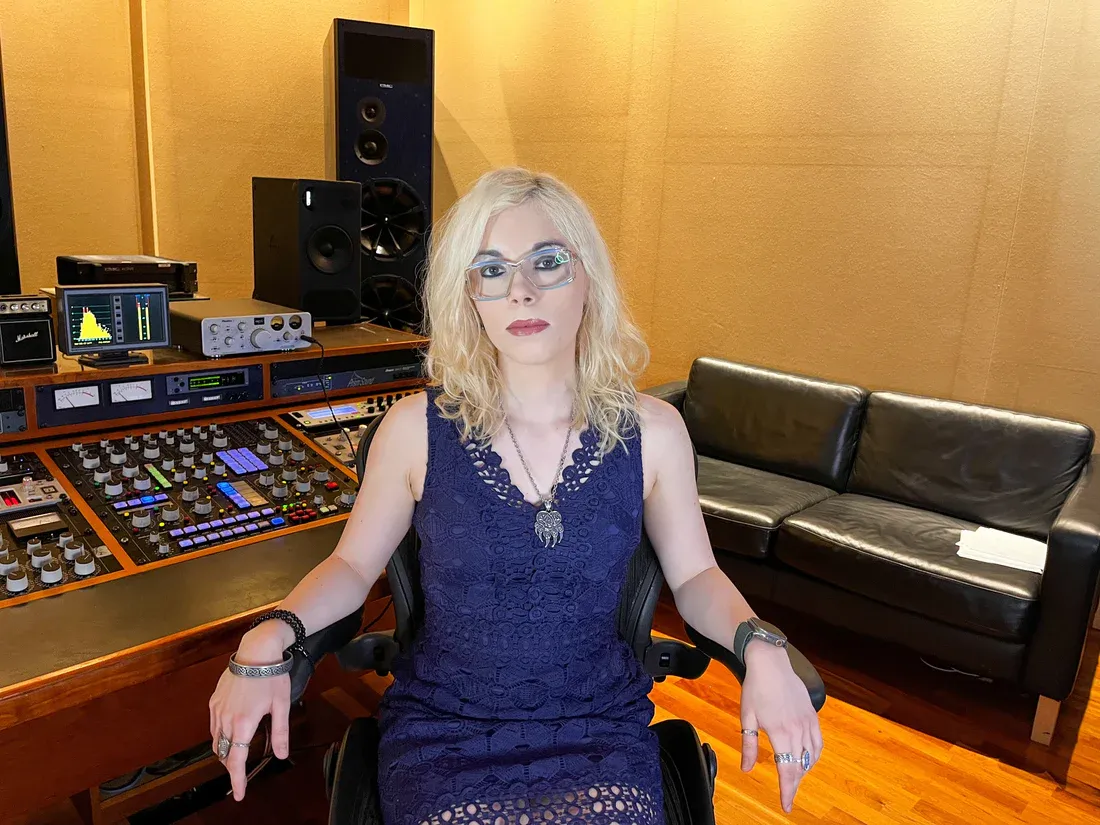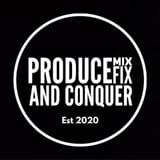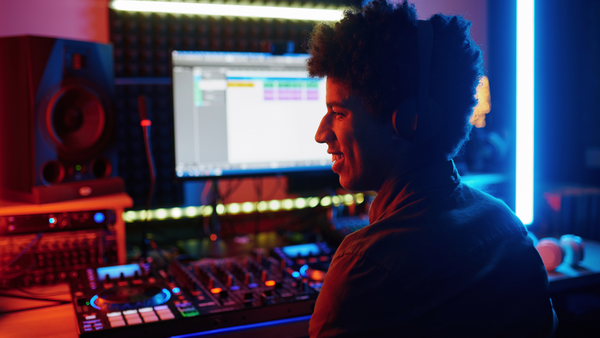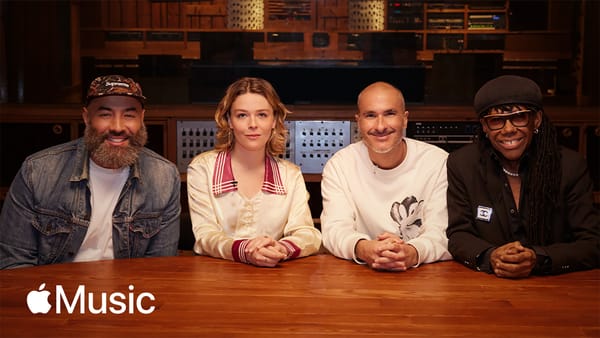How to Get the Most from Your Mastering Experience - By Natalie Bibby

Mastering has always had something of a mystique to it. To some, we are hermit
wizards performing dark and ancient magic, to others, we are scientists in lab coats and the mastering process, by association, is an ultra technical science. Ultimately the mysteriousness of the process and vagueness of its definition may have the indirect effect of making the artist feel mastering is out of their grasp or somehow removed from them.
I am always seeking to remove this mystique, I see it as a barrier between myself
and the artist and the mix engineer. I appreciate many of you are professional audio engineers and you may already know the following things I shall discuss, that they may seem basic or obvious; however, some of you may be artists, and this is aimed more at you. For me the artist is the master - they are the star and their creative intention, its preservation and sculpting, is sacrosanct. Anything I, or any of us as mastering engineers, can do to help people prepare their music for mastering and improve their mixing in the long-term, for the future, is worthwhile.
And if you know what you need to do to prepare for mastering, you will be able to get more from it.

Preparing Your Mixes
Headroom and Clipping:
Some people would argue, at 32-bit floating point at least, that headroom is
irrelevant these days, as a mastering engineer can just turn a mix up or down
themselves if necessary, before beginning processing. This is true of course as long as the song isn’t clipping. But leaving headroom lets the mastering engineer know you’re paying attention to this. My advice then, is to try to aim for 2-3dB of headroom as good practice during mixing. Not only will this ensure that you don’t clip your mix by accident, but it gives the mastering engineer a sign that you know what you are doing.
Listen in Different Environments:
I encourage my clients after they have finished their final mix (or think they have!) to listen to it in as many different environments, on as many different playback systems as possible. Yes all of these may colour your mix or may not be as ideal as a professional acoustic treated studio but the purpose of this is to actually learn more about your final mix. You want to know how it behaves and functions in different spaces. You may for example pick up on some sonic imbalances you hadn’t noticed before; something about the mix that doesn’t quite translate. Specifically you may also learn whether the lead instrument volume seems correct and consistent by this method of checking.
Listen to Your Final Mix with a Limiter On:
To the same end, it’s worth listening to a limited reference of your final mix. This will give you an idea of what your mix is going to sound like (and how it will function) at the correct perceived loudness. It’s a good idea to send this ref to the mastering engineer too, so they know what level you’re used to hearing it at. Of course, don’t forget to bypass that limiter again before you bounce your final mix for mastering! :-)
Critical Listening Session:
To supplement this checking, I also suggest a dedicated ‘critical listening session’.
Your sole focus should be quality control during this session. Ideally, I advise using
headphones for this as they are more clinical and revealing in some ways.
The key things I would recommend checking during this session are:
● Listening to the track start to finish, checking for pops/clicks and bad edit
points.
● If there are vocals in the track, I suggest soloing the vocal bus and listening
start to finish checking for clicks/pops and other unwanted noises. You may
have missed these previously. Some of these noises may not be all that
much of a problem in the mix, but they can become an issue once
mastering has gained up your mix.
● Hit play and click through the various sections in your track, listening to the
level of the main instrument at various points. Check it is consistent and
adjust if necessary.

Checking Your Final Mix Bounce Down:
Lastly during this phase, it sounds obvious but do check your final mix bounce downs in their entirety before submitting for mastering. You want to be checking you left some extra silence at the start and end of your track, especially the end. I often
receive mixes where, for example, there’s been a lovely natural ring out of cymbals
or another instrument, but it’s been abruptly cut off by the early placing of an end
bounce locator! In such cases, I’m always sad to have to do an early and rapid fade to hide such instances. So do check you are happy with the bounce before the sending the track off for mastering.
Have Expectations
My first piece of advice to any musical artist and/or mix engineer seeking mastering is to have expectations. It’s important to know what you want and what you don’t want from mastering and to communicate that to your mastering engineer in advance.
Things to Consider Regarding This Are:
● What do you hope mastering does for your music?
● Are there any issues in your mix you aren’t completely satisfied with? If so,
communicate this to us. We may be able to advise you on how to fix them
before mastering.
● For albums/EPs: decide on a running order and communicate it ahead of
the mastering session.
● Do you have any reference tracks you would like your tracks to sound like,
in terms of both volume and EQ? If so, let us know. But please, don’t send
through a two hour playlist for a two minute pop song!
Beyond these references, is there anything else you want or don’t want your
music to sound like? For example, do you want it to sound “warm” or
“bright”?
What Does Your Mastering Engineer Need from You?
● In addition to the above, send us a 24 bit (or higher) stereo WAV or AIFF, at
the sample rate your project is at.
● Always send the audio ahead of the session. This allows us to check it and
avoids wasting time during the session doing file transfers, particularly if you
attend.
● If you have any special requests for fade ins and fade outs, or gaps
between multiple tracks - let us know. For EPs and albums, many of my
clients supply a gap ref audio file ahead of the session if they aren’t
attending.

Final Thoughts
I play devil’s advocate a little bit here with my closing comments! Of course, a
professional mastering engineer is sought out in the first place because of their skill plus the objectiveness they bring to a musical project. This is obviously important.
Whilst it’s best to always define what you want from mastering, be open to your
mastering engineer, in their objectiveness, disagreeing with you on some things. We will of course always give you what you want ultimately, as you are seeking us for a paid service. However, it’s good to be open if we give you a contrasting opinion regarding what your mix may need. We have excellent rooms, as acoustically flat as you get, clinical speakers and experienced ears. As a result of the sum of these, we may, for example, pick up on something that just isn’t quite right in the mix that we feel we should do something about. So if you are willing, have expectations but once those are communicated to your mastering engineer - trust us with your music.

Natalie Bibby
Mastering Engineer





